When purchasing a home, it can be challenging to determine how much you should borrow. When deciding on money that works for your budget and lifestyle, there are several aspects to remember (your credit rating, income level, and spending habits). To start, you should consider your current credit score. The higher it is, the better your probability of getting approved for a loan and receiving favorable terms. If you have good credit, you’ll likely be able to borrow more money than someone with a bad or no credit history.
Frugal living can help you avoid financial pitfalls like being house-poor, where your home takes up so much of your income that you don’t have enough to enjoy other parts of life.
Follow these steps to decide how much you can disburse on a home.
The 25 Percent Rule
One rule of thumb for home buyers is that your monthly mortgage expense should not be more than 25% of your income. If you earn $2,000 a month, for example, your mortgage payment shouldn’t be more than $500. If it is, you may need to examine cheaper homes or consider a longer loan term. The 50 Percent Rule Another rule of thumb for home buyers is that your total housing costs—including mortgage payments, property taxes, and insurance—should not be more than 50% of your income.
However, according to data from the Bureau of Labor Statistics, homeowners whose children are under six years old spend an average of 36.3% of their income on housing costs—the majority by paying off mortgages.
Remember that the 25% rule isn’t absolute, and consider your financial situation. For example, if you have a high payment of student debt or other loans to pay off when buying a home—you may want to shoot for less than 25%. How to Calculate Your Payment? You can use the mortgage calculator on your lender’s website to calculate your monthly mortgage payments. Just input your annual income, down payment amount, interest rate, and other factors such as property taxes or HOA fees.
Set Your Budget Before You Start Shopping
Before looking for a new home, make sure you can afford your monthly mortgage payments. In addition to your mortgage, you’ll need to factor in house insurance and taxes. A report from Anji found that consumers spend an average of $3,018 on maintenance every year, as well as another $10K for upgrades or improvements, which is another reason why it’s important not to overextend yourself with your mortgage payment. The best way to determine your monthly budget is by calculating the total cost of your mortgage plus any additional expenses, which can be identified using a loan calculator or online mortgage calculator.
Work with a Professional
When evaluating how much house you can afford, it’s wise to work with a financial advisor. Your advisor will be able to help determine whether or not now is the good time for you to buy real estate and assess your ability—or lack thereof—to pay back a mortgage loan. When thinking about how much to borrow for a new home, you should consider your existing debts and income.
Remember: your debt-to-income ratio is the monthly debt payments (like your mortgage, credit card payment, and car loan) divided by how much money you make each month.
It would be best if you spoke to a loan administrator at your local bank or credit union. They can help you determine which mortgage is right for you and tell you the required documents during the application process. The loan officer will ask you for various documents, including proof of income and employment. You also have to provide information about all your debts (including credit card payments), assets (like cars and homes), and liabilities (like student loans). After reviewing your financial situation, the bank will decide whether it will lend you money.
Other Concerns
In addition to the down payment, you will need money set aside for closing costs. The amount depends on the price of your home and other factors—but it’s a safe rule of thumb that you should expect to pay between 3-5% of its purchase price in closing costs. To buy a $200,000 house, you should set aside between $6,000 and $10,000 for closing costs. It’s also important to remember that your mortgage lender will likely need you to have homeowners insurance on the property.
You should also think carefully about the type of mortgage you choose. Generally, selecting a fixed-rate mortgage over an adjustable-rate one is best.
That is because an adjustable-rate mortgage’s interest rate can change over time, while a fixed-rate mortgage has only one interest rate during the life of the loan. The difference between these two types of mortgages is that you may get a lower interest rate with an adjustable-rate mortgage. Which can save you money in the short term, but if interest rates rise in the future, so will your monthly payments.

